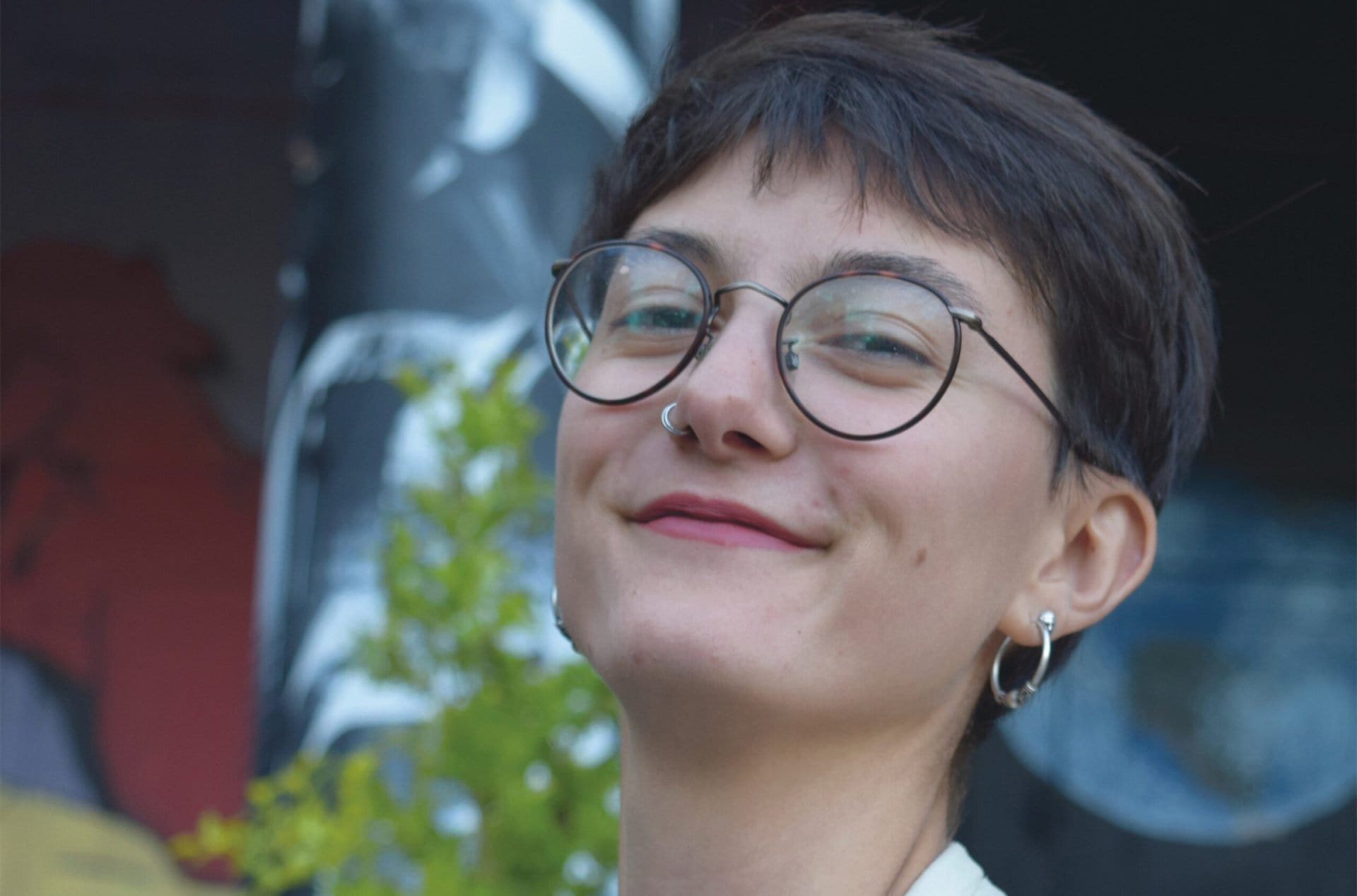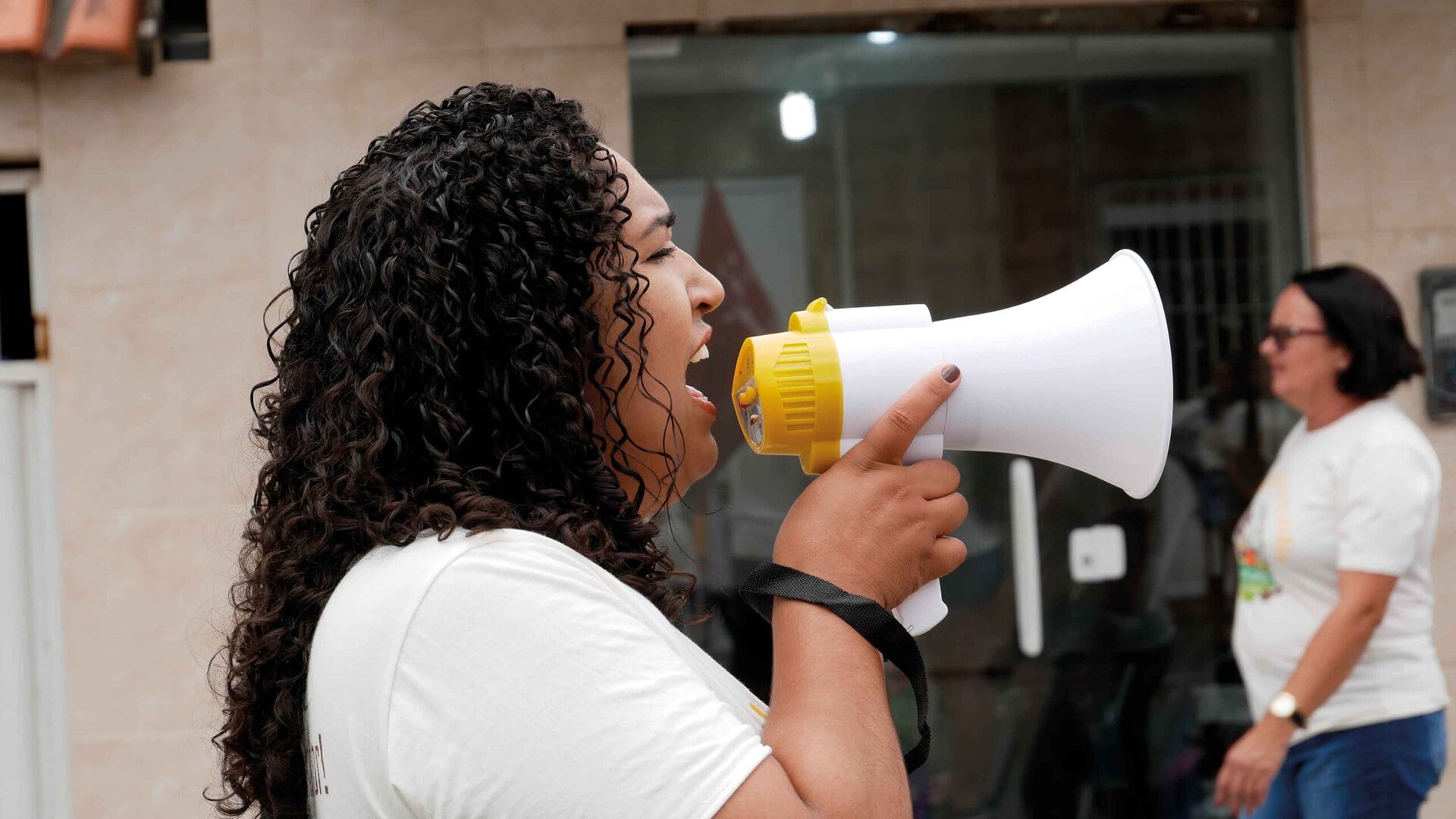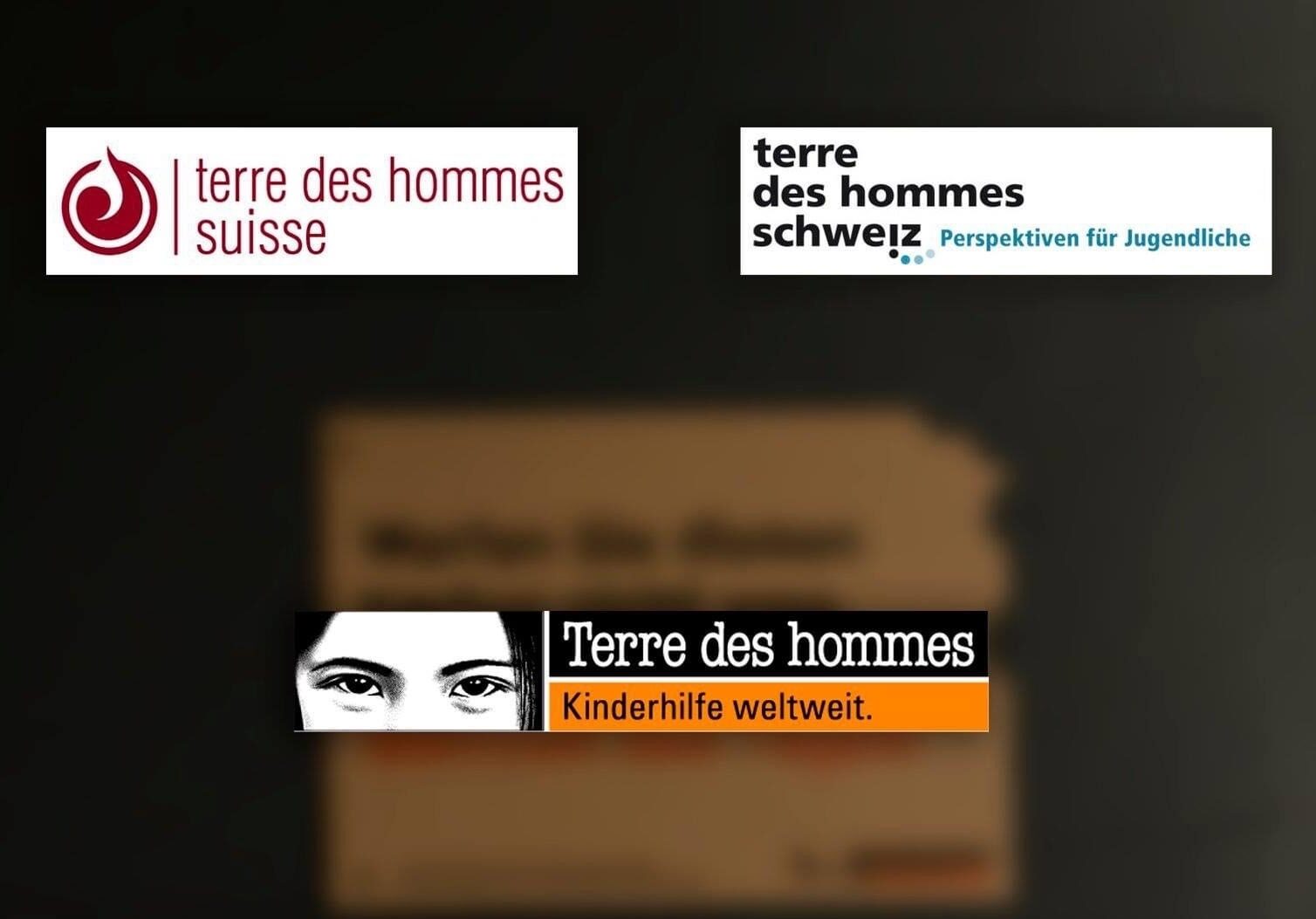imagine Basel is more than just a festival: in workshops, young people teach other young people how to recognize and counteract discrimination. Nina Hurni, who is responsible for the workshops, has revised the program. In this interview, she explains how young people use creative methods to create safe spaces for diversity in their environment.

Nina, what are the new workshops you have developed about?
One workshop revolves around the topic of flight: Using personal stories of flight, the young people can empathize with what it means to have to flee. In another workshop, we show participants how they can react to everyday situations of discrimination. And in the last workshop, young people use the “design thinking” method to develop projects to address forms of discrimination in their school environment. It is important to me not primarily to impart knowledge, but to give young people the power to act.
In the “Design Thinking” workshop, the young people develop concrete solutions to create more safe spaces. Why is this important?
Safe space stands for an ideal situation in which people can feel safe. A space can be safe for one group of people but not for another, for example because there are many racist comments. In a school class, it is important to convey the sensitivity not to treat each other in a discriminatory way. So that as many different young people as possible can feel comfortable.
How is this workshop structured?
First, we do a simulation exercise with the participants in which they have an arbitrary advantage or disadvantage. This shows them how discrimination works: Based on categories over which we have no control, we have privileges or are discriminated against. The next step is to analyze the school as an environment: Where are people discriminated against here? Based on this, the young people choose a focal point that they want to tackle and design projects to find a solution. This could be a letter to the school management, a teaching unit or a theme day, for example.
Can you tell us about a project that young people have already developed in this way?
At the last workshop, one group noticed that there were hardly any queer people, such as homosexual or transgender people, who had come out at their school. The first task was therefore to create a climate in which people felt safe to come out. They suggested holding a theme day to educate people about queerness.
Although the workshops have been completed, the discourse on discrimination is constantly changing. How do you deal with this?
It is important to me to keep up to date with the current state of discrimination discourse. Language is a good example: it is riddled with forms of discrimination right down to its basic structures. Finding new terms is a process, which is why terminology is constantly changing at the moment. This is important for us as mediators to bear in mind; after all, we attach great importance to talking about discrimination without using discriminatory terms wherever possible. The development of the workshops is therefore a never-ending process.
The interview was conducted by Luciano Gagliardi, Project Coordination imagine and International Youth Network, Youth Participation Unit
Briefly explained: Design Thinking
This approach is used to solve challenges and develop new ideas. It is based on the conviction that solving challenges is more effective when people with different perspectives work together and the people affected are actively involved in finding and implementing the solution.



